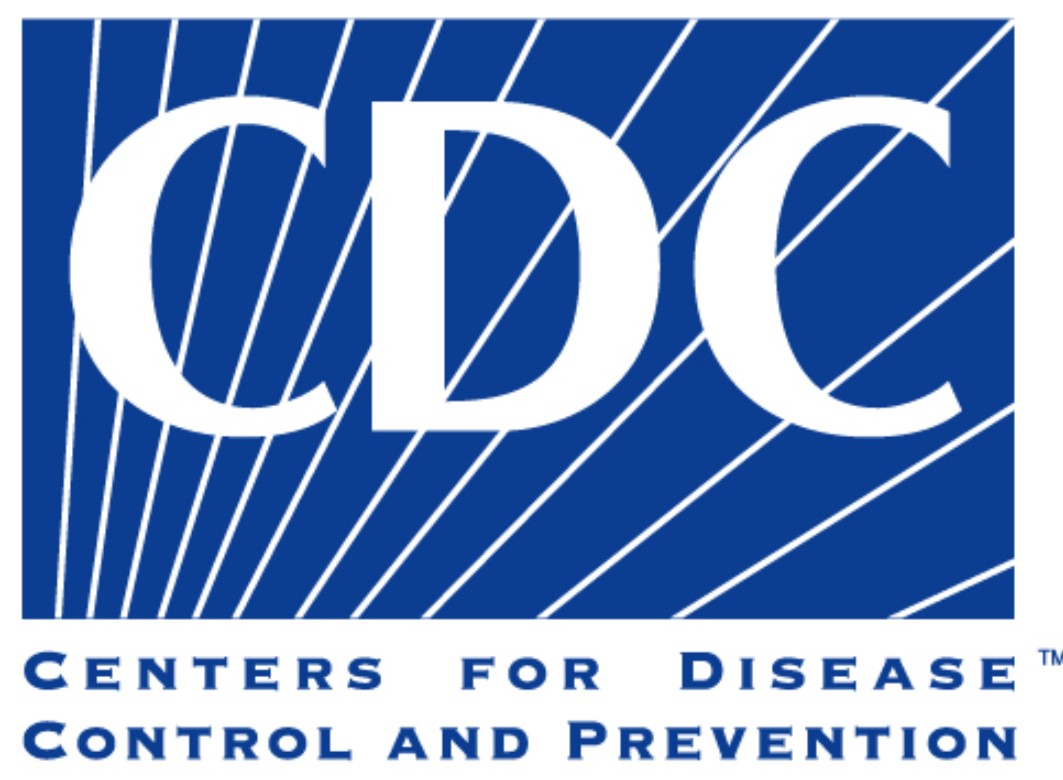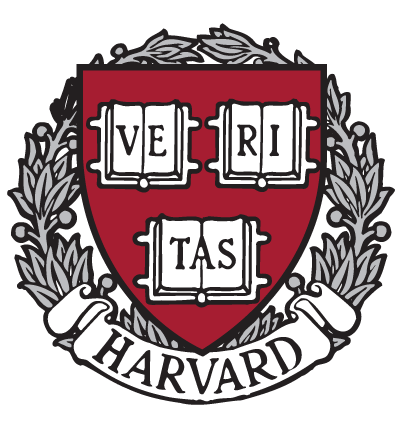 Sometimes, a seemingly run-of-the-mill retraction notice turns out to be much less straightforward.
Sometimes, a seemingly run-of-the-mill retraction notice turns out to be much less straightforward.
Such was the case with a recent retraction of a 2016 paper in a journal published by the U.S. Centers for Disease Control and Prevention, apparently over permission to use an evaluation scale designed to test whether patients take their medications as prescribed. But when we looked into this story, we learned this retraction was only the tip of the iceberg – a representative of the evaluation scale (titled “Chief Investigator”) told us he has contacted hundreds of so-called “infringers” over the last year who used the scale without permission. The authors must then apply retroactively and show they’ve used it correctly, and may even have to pay fees. Or, in the case of the retraction we saw (and at least one other in 2016), pull the paper.
According to the chief investigator, Steve Trubow, who oversees licensing and use of the scale worldwide, for some uses, there is no fee – but depending on what the researchers are using the Morisky Medication Adherence Scale (MMAS-8) for, it can cost up to $100,000. Once they’ve used it without permission, there are fees for that, too, Trubow told us:
Continue reading If you use this research tool without permission, you’ll hear about it
 Last March, a PhD student at Harvard filed a misconduct allegation against his mentor, a prominent stem cell researcher. Three months later, he was taken from his home by police in the middle of the night for a forced psychiatric evaluation.
Last March, a PhD student at Harvard filed a misconduct allegation against his mentor, a prominent stem cell researcher. Three months later, he was taken from his home by police in the middle of the night for a forced psychiatric evaluation. Around two years ago, when mathematics researcher
Around two years ago, when mathematics researcher 



 In March, 2013, a graduate student joined the lab of a prominent researcher in Australia, investigating new therapies for Parkinson’s. A few months later, everything fell apart.
In March, 2013, a graduate student joined the lab of a prominent researcher in Australia, investigating new therapies for Parkinson’s. A few months later, everything fell apart. 